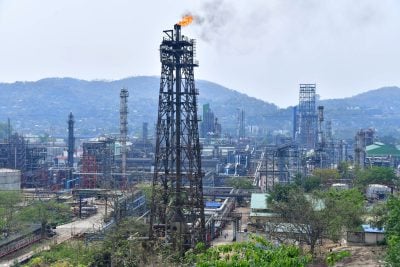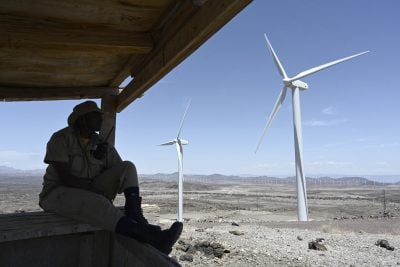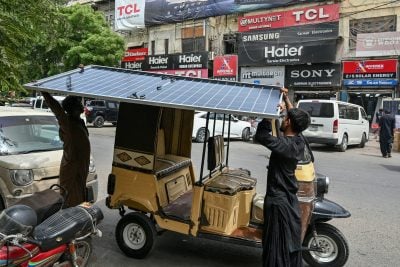The performance of South African companies in terms of market capitalisation varies greatly from sector to sector.
After years of strong growth driven by demand from China and other rapidly expanding economies, mining firms have not enjoyed the best of years. Nevertheless, BHP Billiton remains the biggest company in Africa, with market capitalisation of $72bn, very slightly up on last year’s valuation. SABMiller has now overtaken Anglo American to become the country’s second-largest firm, with an impressive increase in value from $35bn to $52bn. Anglo American is valued at $38bn in this year’s survey, down $16bn from our 2012 table.
In the wake of falling demand, particularly in mature markets and China, BHP Billiton has decided to cut its capital and exploration spending from $22bn in 2013 to $18bn next year. Chief executive Andrew MacKenzie said: “The rate of spend is expected to decline substantially thereafter. By reducing our annual spend and increasing internal competition for capital, we expect to maximise returns from incremental investment, while delivering a substantial increase in the group’s free cash flow.” Only some of the company’s operations are in Africa, so it remains to be seen what impact the plan will have on African mining projects. However, BHP Billiton does intend to focus on coal, copper, iron ore and crude oil: all areas in which African countries are important producers. MacKenzie said that it is possible that oil will play a bigger role in the firm’s operations in the future.
South Africa has by far the most diverse economy in Africa but even it is overreliant on the export of raw materials, such as coal, iron ore, platinum, gold and other minerals. Gold bullion exports were worth R70bn ($7.64bn) last year. Such income is more than welcome but with the notable exception of the automotive industry, the country’s manufacturing sector remains too weak. Pretoria has opted to maintain wage levels and trades union influence, which has deterred low-cost manufacturing of the kind that has driven Asian economic growth but which tends to offer hard working conditions. It remains to be seen whether the focus on higher-value manufacturing will pay off. The value of South African manufactured goods increased from $13bn in 2000 to $33bn in 2011 but more rapid growth is needed if the sector is to help bring down the country’s jobless total.
South African inflation has fallen but is still close to 6% a year, while the 25% unemployment rate depresses national expenditure. Low demand for credit is affecting the construction and banking sectors; and while South African retailers have suffered from weak consumer spending, there are some signs of success. Shoprite is continuing to grow steadily: it is now expanding across the continent, operating in 17 different countries. The company was ranked 17th in our table last year with a market capitalisation of $9.1bn but has now moved up to 15th with a value of $10.7bn. SABMiller’s growth has been driven by a 10% increase in revenue in 2012 and investor expectation that African beer consumption will increase rapidly over the next few years. The company plans to increase sales in Africa by marketing low-cost beer brands. It will use local raw materials in each market, including the cassava beer that it already sells in Ghana and Mozambique; and reduce its packaging costs. It also plans to open five new breweries over the next three years, as it seeks to take advantage of its position as the biggest brewing company in Africa.
As in previous years, Sasol and MTN Group make up the remainder of the continental top five, although both have experienced a fall in value. Telecoms giant MTN already operates in 22 countries in Africa and the Middle East, but some of these offer difficult operating environments, including Afghanistan, Iran, Syria, South Sudan and Sudan. It is looking to expand and has been mooted as a possible buyer of a majority stake in Maroc Telecom, alongside Gulf firm Ooredoo and Etisalat. Chief executive Sifiso Dabengwa said: “Growth through M&A [mergers and acquisitions] is still an important part of our strategy; anything between $4bn and $8bn is something that we could look at.”
Want to continue reading? Subscribe today.
You've read all your free articles for this month! Subscribe now to enjoy full access to our content.
Digital Monthly
£8.00 / month
Receive full unlimited access to our articles, opinions, podcasts and more.
Digital Yearly
£70.00 / year
Our best value offer - save £26 and gain access to all of our digital content for an entire year!
 Sign in with Google
Sign in with Google 


